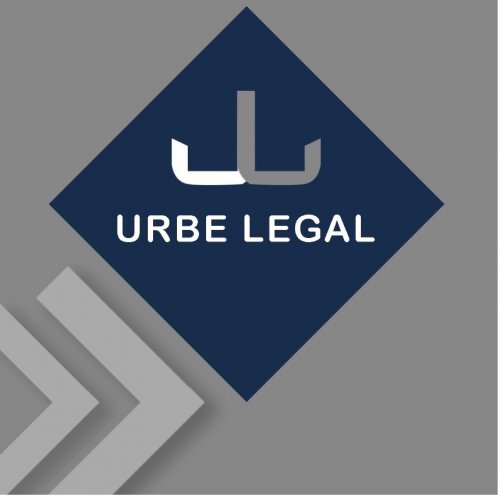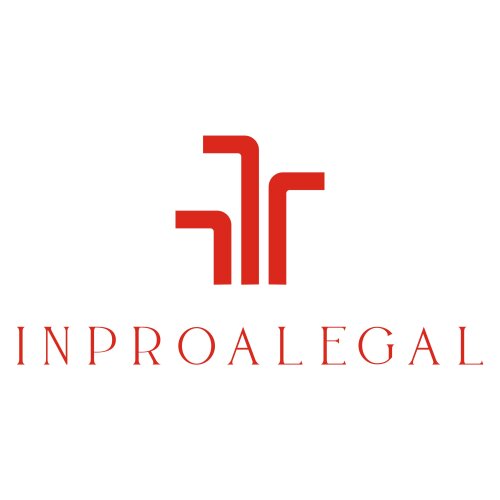Best General Litigation Lawyers in Guatemala
Share your needs with us, get contacted by law firms.
Free. Takes 2 min.
Or refine your search by selecting a city:
List of the best lawyers in Guatemala
About Litigation Law in Guatemala
Litigation law in Guatemala refers to the process of resolving disputes between parties through the judicial system. This includes civil, commercial, administrative, and criminal cases. Guatemala follows a civil law system influenced by Roman law and shaped by local customs and judicial interpretations. Litigation can involve a variety of processes, such as filing lawsuits, defending cases, participating in trials, and managing settlements. Language predominately used in legal settings is Spanish, and understanding the intricacies of local laws and procedures is essential for effectively navigating the legal system.
Why You May Need a Lawyer
There are several common situations in Guatemala where legal representation in litigation may be necessary:
- Disputes with business partners or clients involving contracts or services.
- Civil matters such as property disputes, family law issues, or inheritance conflicts.
- Labor disputes, including wrongful termination or employment rights violations.
- Fraud, theft, or other criminal accusations requiring defense or prosecution.
- Administrative matters involving governmental or municipal decisions.
Having a lawyer helps ensure that your rights and interests are adequately represented and that legal proceedings adhere to local laws and regulations.
Local Laws Overview
Litigation in Guatemala is governed by several key legal documents:
- The Political Constitution of the Republic of Guatemala, which outlines fundamental rights and freedoms.
- The Civil and Commercial Procedural Code, detailing the guidelines for civil and commercial proceedings.
- The Penal Code and the Code of Penal Procedure, covering criminal law and procedure.
- Administrative laws regulating appeals and reviews of governmental actions.
Guatemala adheres to the civil law tradition, placing significant importance on written statutes. Legal processes typically involve multi-level court systems, including appeal options for contested decisions.
Frequently Asked Questions
What is the general process of litigation in Guatemala?
Litigation generally involves filing a lawsuit, possibly engaging in pre-trial negotiations, going through trial proceedings, and obtaining a court’s judgement. Parties may appeal unfavorable decisions in higher courts.
How long does a typical litigation case last in Guatemala?
The duration varies significantly depending on the complexity of the case, court caseload, and whether or not there are appeals. Cases may take from several months to several years to resolve.
Is it mandatory to have a lawyer during litigation?
While individuals can technically represent themselves, having a lawyer is highly recommended to navigate legal complexities and procedural formalities effectively.
What costs should I expect with litigation?
Costs may include filing fees, legal representation fees, and potentially additional expenses like expert witnesses or document preparation. Discuss potential costs with a lawyer upfront.
Can litigation decisions be appealed?
Yes, most decisions can be challenged and appealed to a higher court, but the grounds and process for appeal are subject to specific legal provisions.
What should I do if I receive a notice or summons?
Consult with a lawyer as soon as possible to understand the implications and establish an appropriate response strategy.
Are there alternative dispute resolution options available?
Yes, mediation and arbitration are alternative methods that can be used to resolve disputes without going to court.
What is the role of evidence in litigation?
Evidence is crucial in supporting your claims or defense. It is essential to collect and present all relevant documentation, witness testimonies, and expert opinions.
How does the legal system ensure impartiality?
The judicial system in Guatemala is designed to operate independently, with mechanisms in place to prevent undue influence from external sources.
What languages are used in court proceedings?
Spanish is the official language used in court. Legal documents and proceedings are conducted in Spanish, and translations may be necessary for non-Spanish speakers.
Additional Resources
Below are some helpful resources for those seeking legal advice in Guatemala:
- Guatemalan Bar Association - Offers a directory of licensed attorneys and legal resources.
- Judiciary of Guatemala - Provides information on the court system and public legal instruments.
- Ministry of Labor and Social Welfare - Assists with labor-related disputes and rights.
- Human Rights Ombudsman Office - Addresses complaints and provides guidance on human rights issues.
Next Steps
If you require legal assistance in litigation, consider the following steps:
- Identify the specific legal issue you are facing. This will help narrow down the type of legal expertise needed.
- Consult with a reputable lawyer who specializes in the relevant area of law. Initial consultations can provide valuable insights into your case.
- Prepare all necessary documentation and evidence related to your case for your lawyer's review.
- Understand the legal process and timeline involved in pursuing your case, including potential costs.
- Explore options for alternative dispute resolution if applicable, as these can be quicker and more cost-effective.
Taking these proactive steps can better prepare you for effective legal action and dispute resolution in Guatemala.
Lawzana helps you find the best lawyers and law firms in Guatemala through a curated and pre-screened list of qualified legal professionals. Our platform offers rankings and detailed profiles of attorneys and law firms, allowing you to compare based on practice areas, including General Litigation, experience, and client feedback.
Each profile includes a description of the firm's areas of practice, client reviews, team members and partners, year of establishment, spoken languages, office locations, contact information, social media presence, and any published articles or resources. Most firms on our platform speak English and are experienced in both local and international legal matters.
Get a quote from top-rated law firms in Guatemala — quickly, securely, and without unnecessary hassle.
Disclaimer:
The information provided on this page is for general informational purposes only and does not constitute legal advice. While we strive to ensure the accuracy and relevance of the content, legal information may change over time, and interpretations of the law can vary. You should always consult with a qualified legal professional for advice specific to your situation.
We disclaim all liability for actions taken or not taken based on the content of this page. If you believe any information is incorrect or outdated, please contact us, and we will review and update it where appropriate.
Browse general litigation law firms by city in Guatemala
Refine your search by selecting a city.














